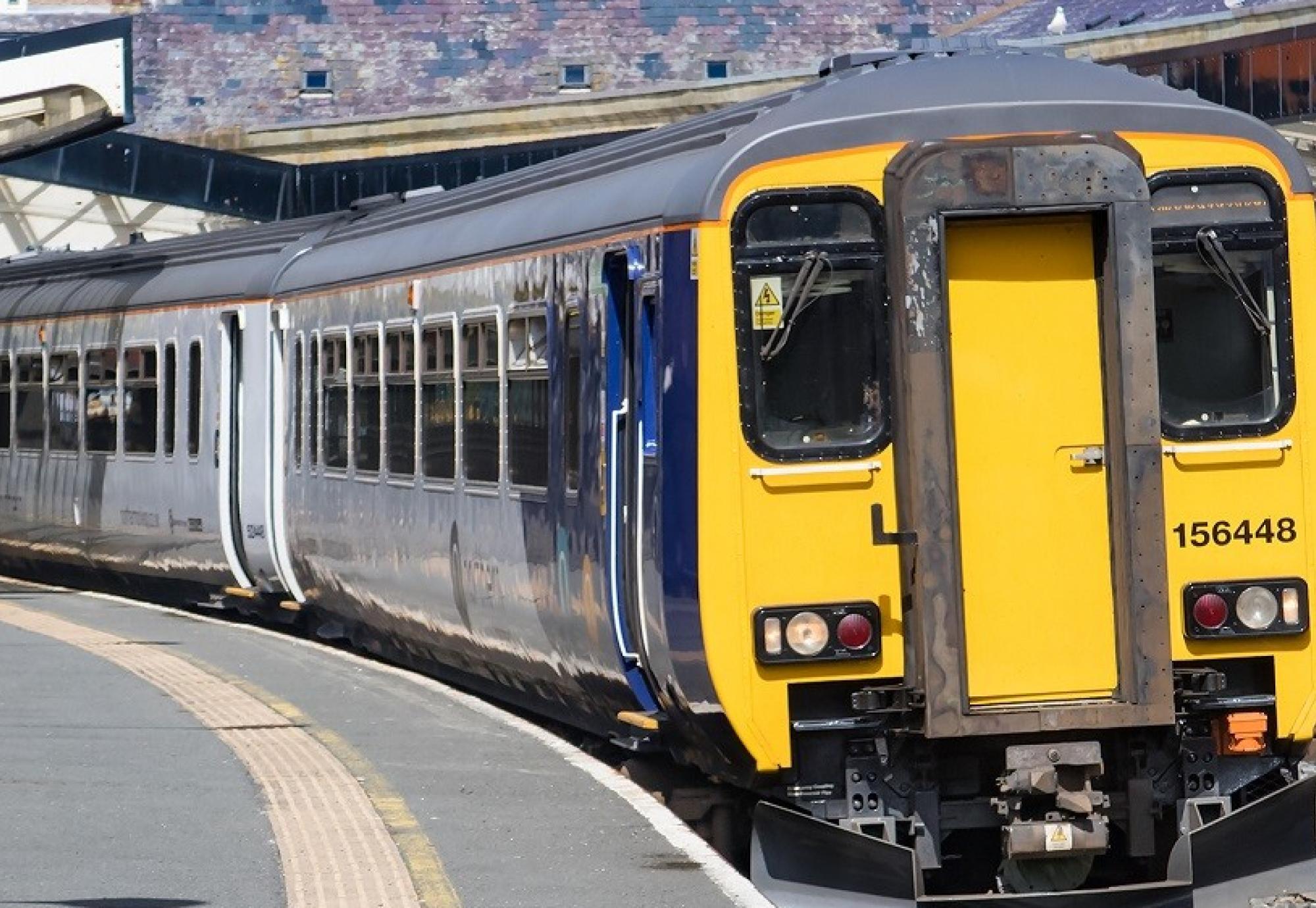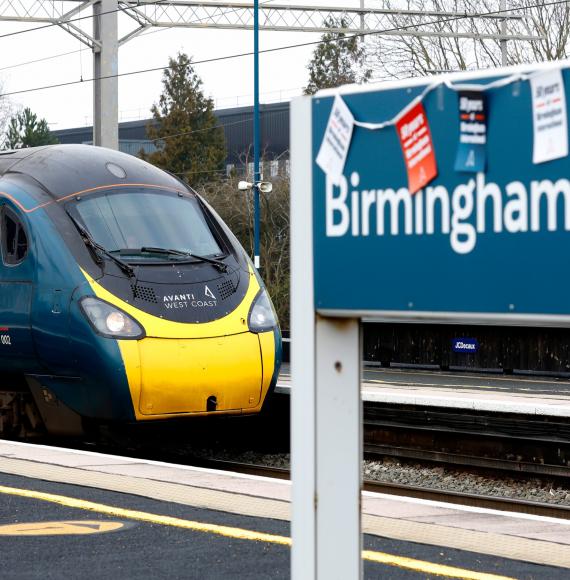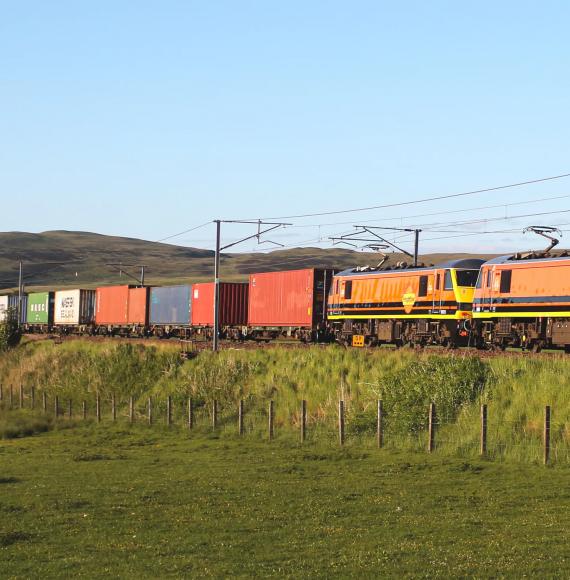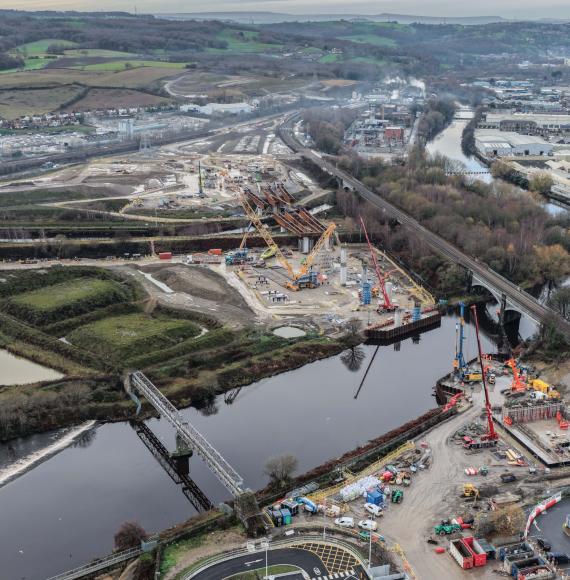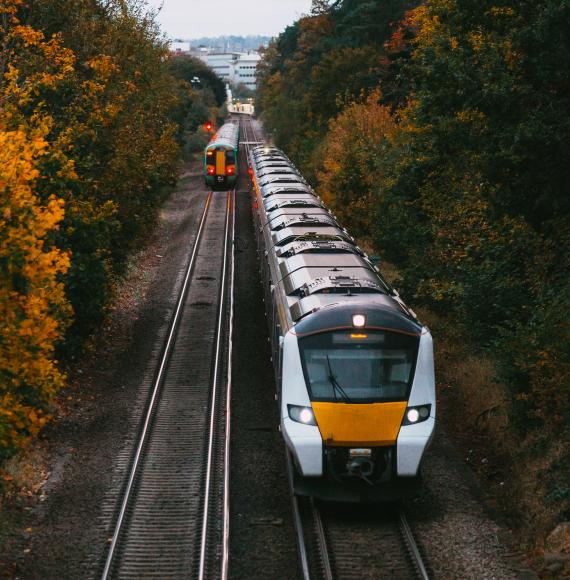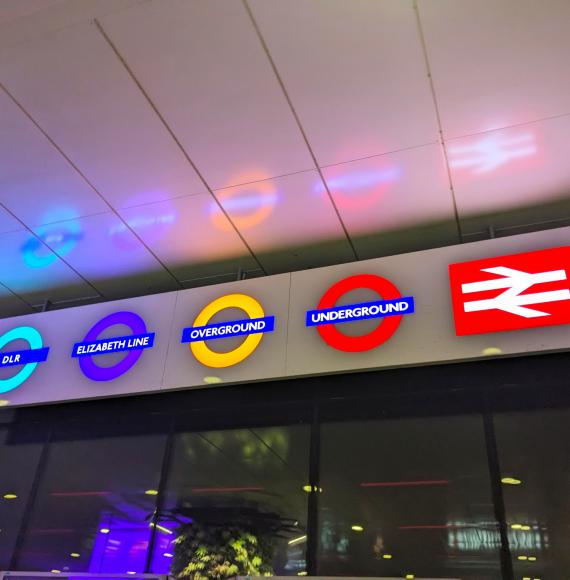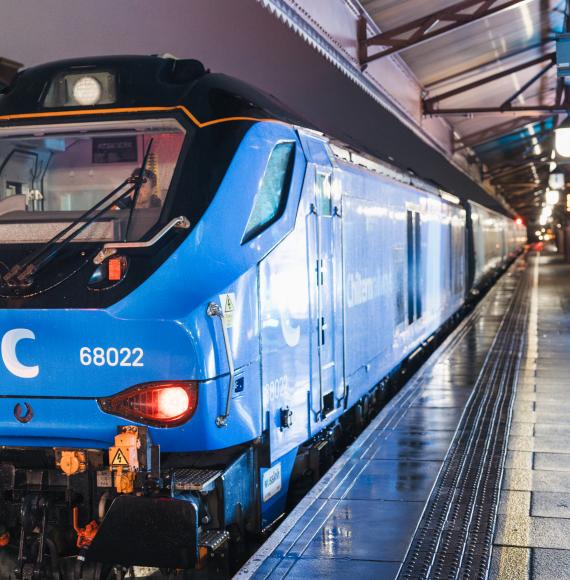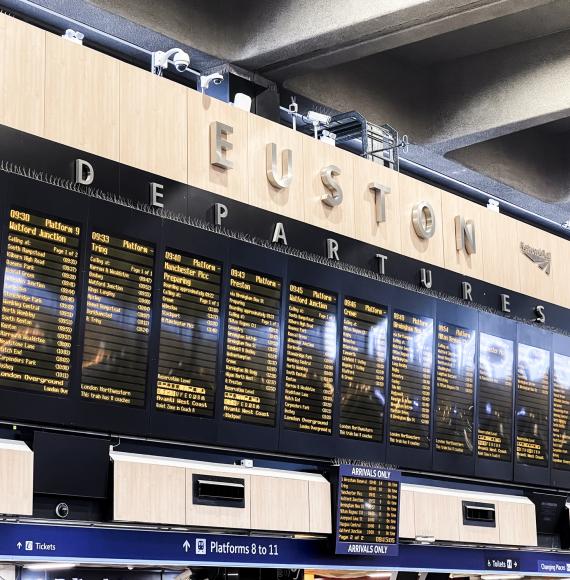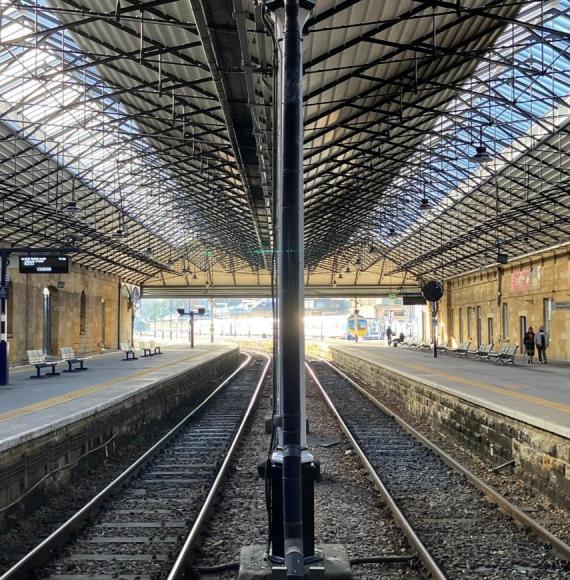According to Northern, the way that trains are driven can help to save thousands of litres of diesel every year.
Working in partnership with data scientists, the operator has developed a new model that has calculated the optimal speed and braking patterns across a number of routes. This is then used to help coach drivers to be more efficient in their driving style, whilst still keeping trains on time.
One early test, taking place between Middlesbrough and Whitby, saw a potential saving of 7% across fuel consumption, with this also bringing a similar reduction in the amount of carbon emissions. Moving forward with the plan, Northern is now planning to conduct further testing on six routes across the North East. These routes are:
- Bishop Auckland to Darlington
- Darlington to Saltburn
- Newcastle to Hexham
- Newcastle to Whitby
- Nunthorpe and Kildale
- Seaham to Middlesbrough

Strategic Development Director at Northern, Rob Warnes, said:
“Along with the rest of the UK rail industry, Northern is working towards phasing out diesel-only trains by 2040.
“However, with only 25% of our network electrified, diesel trains remain integral to our operation and, as such, we want to make sure we operate them in the most fuel-efficient way.
“This has been a fascinating, year-long project and it’s great to see the proof on concept realised so that we can now expand trials and build the case for implementation.”
Whilst fuel savings will vary depending on the different parts of the network, it is expected that the difference that can be made in fuel savings could be huge, when you consider Northern’s annual fuel bill comes to around £50 million.
Funding for the project has come thanks to the Northern Innovation Fund, as well as the Department for Transport’s Local Transport Decarbonisation part of the Transport Research and Innovation Grants programme.
Image credit: Northern

